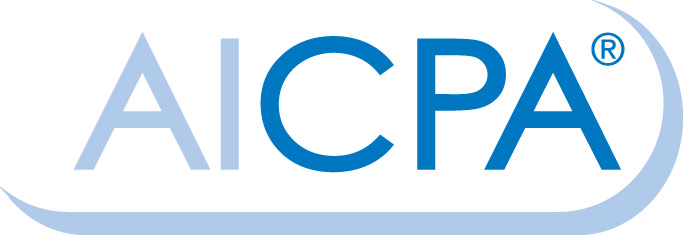The American Institute of CPAs (AICPA) has recommended to the Internal Revenue Service (IRS) that proposed regulations regarding the Centralized Partnership Audit Regime should provide maximum flexibility in adjusting the tax attributes of an audited partnership and its partners, including an elective simplified procedure.
The proposed IRS regulations, issued on February 2, 2018, provide rules addressing how and when partnerships and their partners adjust tax attributes to reflect audit adjustments under Internal Revenue Code (IRC) section 6225 of the Centralized Partnership Audit Regime.
In its letter (attached), the AICPA explained that under the Centralized Partnership Audit Regime a partnership generally is liable for the net increase in tax, the “imputed underpayment,” resulting from adjustments to items of income, gain, loss, deduction, or credit of a partnership during the year under audit. Under the proposed regulations, when a partnership pays the imputed underpayment under the rules of IRC section 6225, an exclusive list of tax attributes requires adjustment for adjustment year partners. Tax attributes are defined as “the tax basis and book value of a partnership’s property, amounts determined under IRC section 704(c), adjustment year partners’ bases in their partnership interests, and adjustment year partners’ capital accounts determined and maintained in accordance with section 1.704-1(b)(2).
The AICPA made the following recommendations related to the proposed regulations:
• Provide a flexible procedure for applying audit adjustments to the tax attributes of audited partnerships and their partners.
• Provide audited partnerships an elective “simplified tax attribute adjustment procedure” (STAAP) under certain conditions. Only partnerships that accept limitations on the type of section 6225 modifications that could reduce their imputed underpayment would qualify for the STAAP.
• Provide audited partnerships an elective “enhanced STAAP” which would expand the types of section 6225 modifications allowed. Only audits resulting in proposed imputed underpayments (before any modifications) below a threshold amount would qualify for the enhanced STAAP.
• Allow an allocation of an adjustment to property of similar character following the allocation rules set forth in Treas. Reg. § 1.755-1(c) in cases where adjustments apply to specified tax attributes of partnership property held in the reviewed year, but no longer held in the adjustment year.
• Allow any reasonable method of applying successor rules for mergers and divisions occurring between the reviewed year and the adjustment year.
• Treat the remittance by a former partner to the partnership under a reimbursement or indemnification agreement of an allocable share of tax, interest and penalties paid by the partnership under section 6225 as a tax-free receipt by the partnership; reduce the partnership’s section 705(a)(2)(B) expense by the amount of the payment and allocate that reduction in full to the former partner’s successor; and provide that the payment by the former partner is treated as a nondeductible expense by that partner.
The AICPA provided an analysis for each of its six recommendations. Examples were included for some of the recommendations.
Thanks for reading CPA Practice Advisor!
Subscribe Already registered? Log In
Need more information? Read the FAQs




